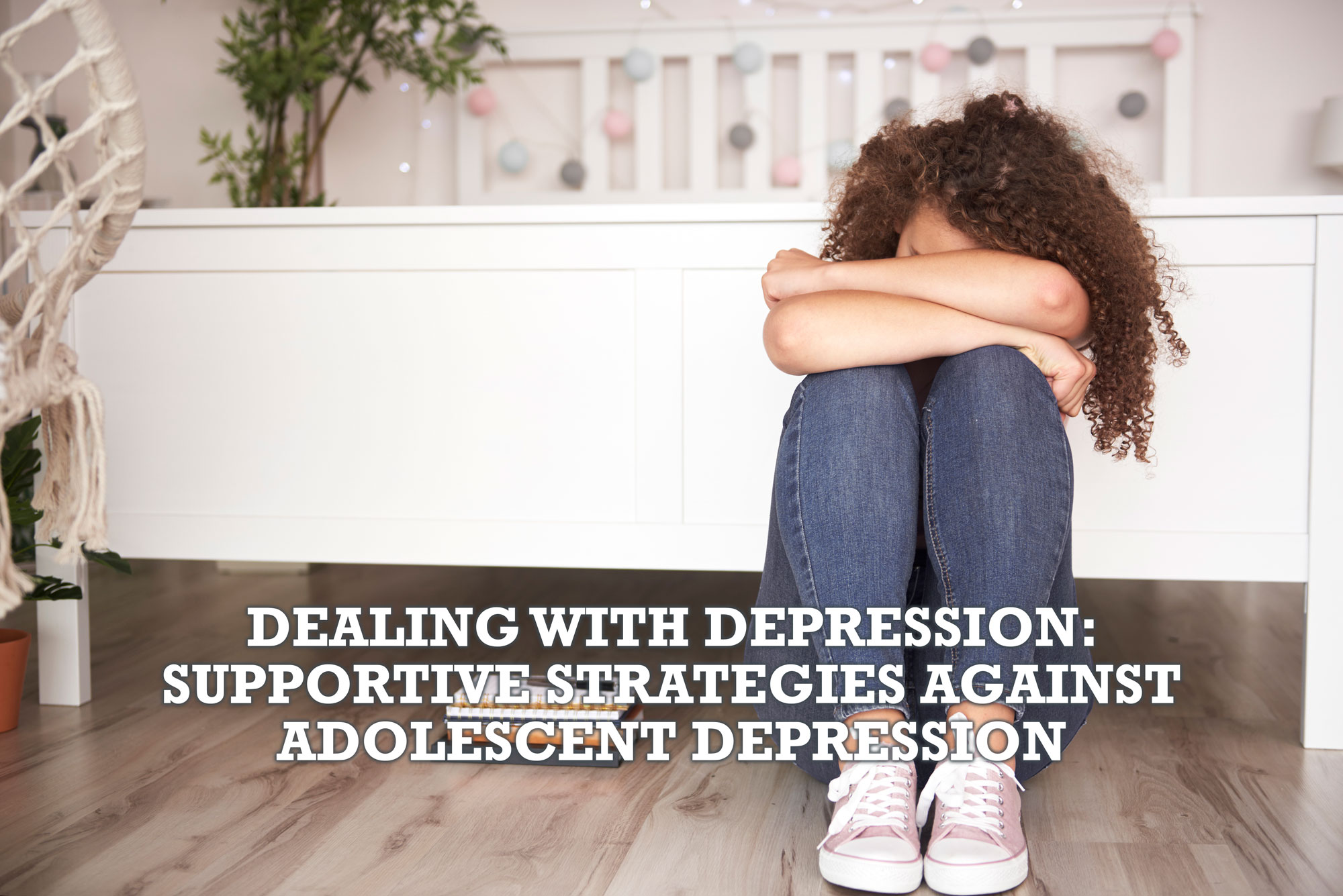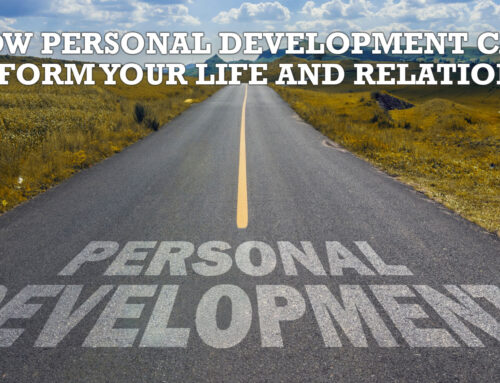By the age of 18, more than 20% of adolescents will be affected by some type of depressive disorder. It’s an illness that, unfortunately, stays hidden more often than not. Being supportive of anyone with depression is important to reaching what semblance of healing can be found.
Adolescence is difficult enough considering the physical, emotional, and psychological changes coming into play. Mix in outside forces that add stress to these changes and the repercussions can become dire if they’re not addressed. The trouble is, asking for help isn’t exactly the nature of adolescents.
This stressful psychological cocktail often lives inside a quiet, depressed young person who needs help. Here are ways to be supportive during the tumultuous reality of adolescent depression.
Watch, Be Quiet, And Truly Listen
Parentally, it’s easy to pay attention to specific bits of adolescent behavior. So much focus is on physical health and public behavior that mental health is either ignored, becomes a topic that’s hushed, or is plainly unaddressed.
Your child may not share their depression with you right away. Sometimes they will never, which is why it’s your duty to pay attention to them. Watching and monitoring the mental health of an adolescent is difficult, but not impossible. More importantly is that when you begin noticing things that make you uneasy, patience is of utmost importance. Don’t make your child close down because of a quick reaction. Stop, be quiet, and listen to them. You’ll learn more from their few words than you will from any hasty action you think will “help”.
You Can’t Cure Depression
Depression, anxiety, and any psychological disorders cannot be treated like the common cold. It’s not something that runs its course with fluids and Vitamin C. Individual counseling and varying types of psychotherapy are excellent ways to help your child express what/how they’re feeling.
A lot of adolescents close their parents off from their depression because their parents have treated them as if a breath of fresh air will cure them, or they can choose to be happy whenever they want. Beware of the temptation to try and problem solve your child’s depression. They’re not equations, they’re human beings.
Strive To Support, But Consult A Professional
Being supportive and caring for your child is only the beginning. Helping them access professional care that they might otherwise not look for nor be able to get to is a parental responsibility. You’re their parent, not a professional psychotherapist or mental health professional.
Educate yourself, talk with a professional. They’ll be able to guide you through supporting your child and will provide strategies to getting them the help they need at a comfortable pace. The alliance between family and mental health professionals is a powerful one.
Your child is feeling things they cannot yet comprehend. It’s a terrifying and isolating experience, but never impossible to stand up against. Remember, they’re not alone and, together, you have the tools and power to battle against depression.





